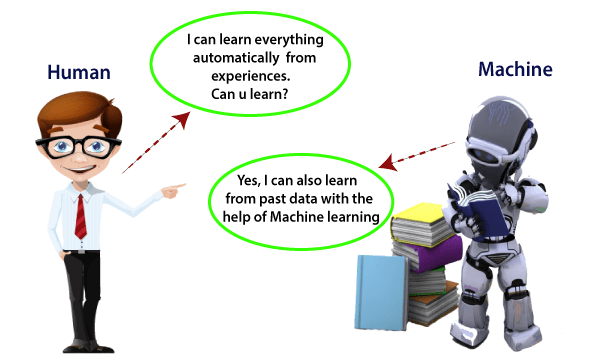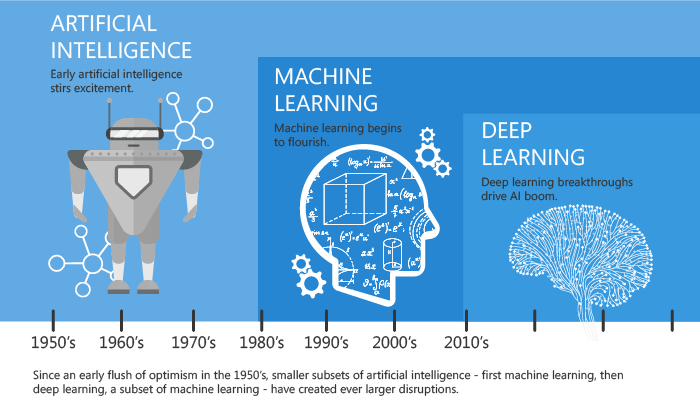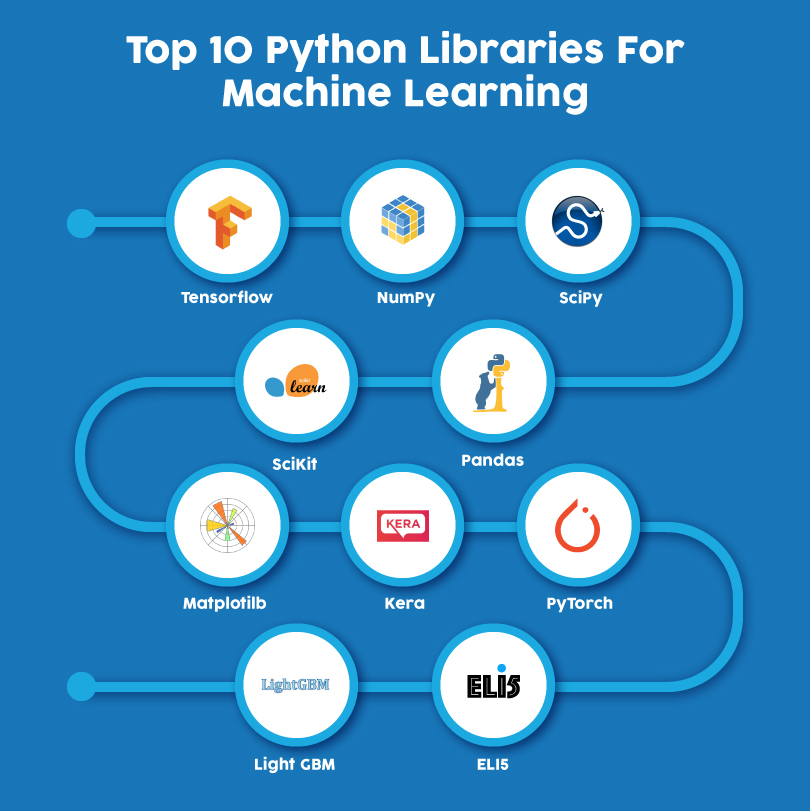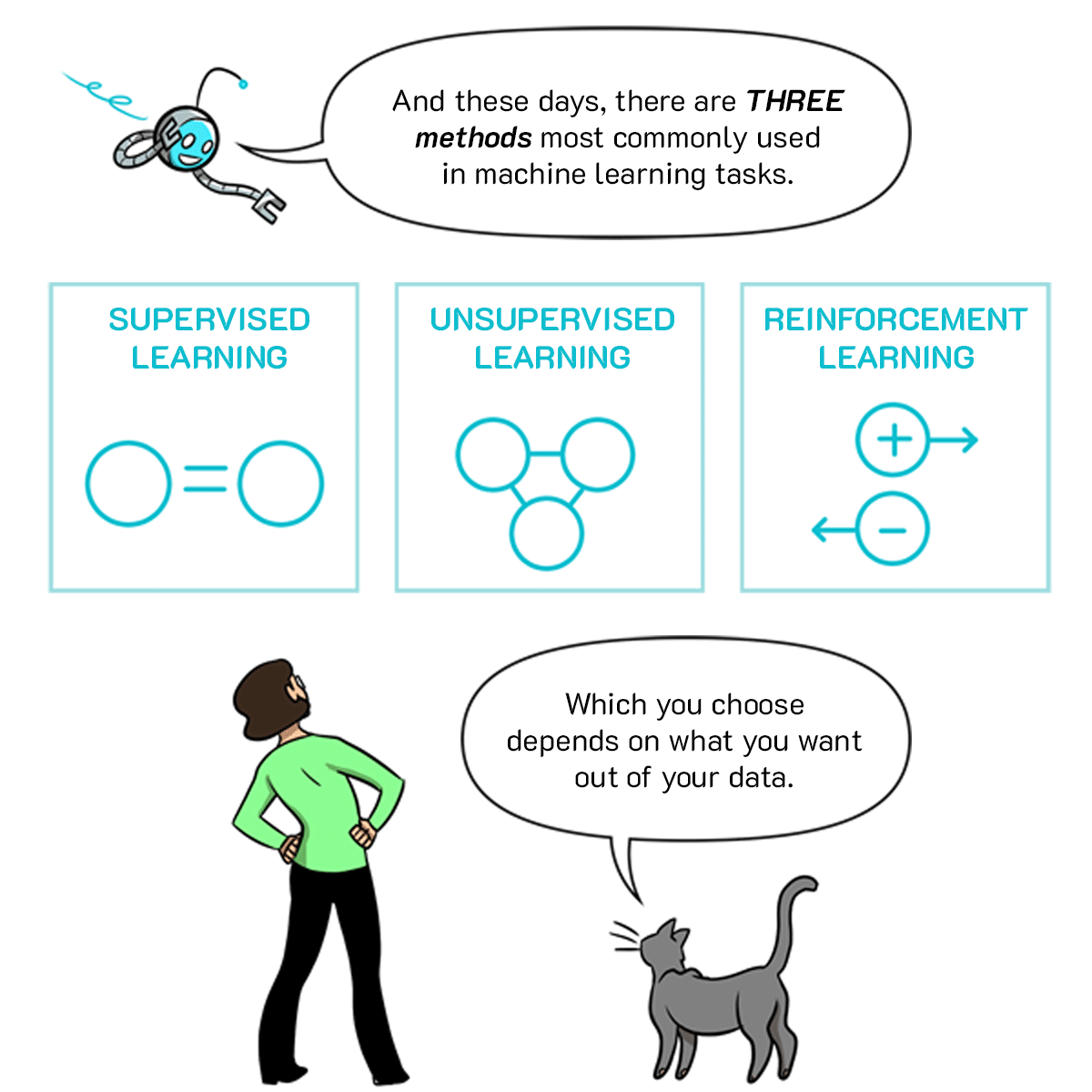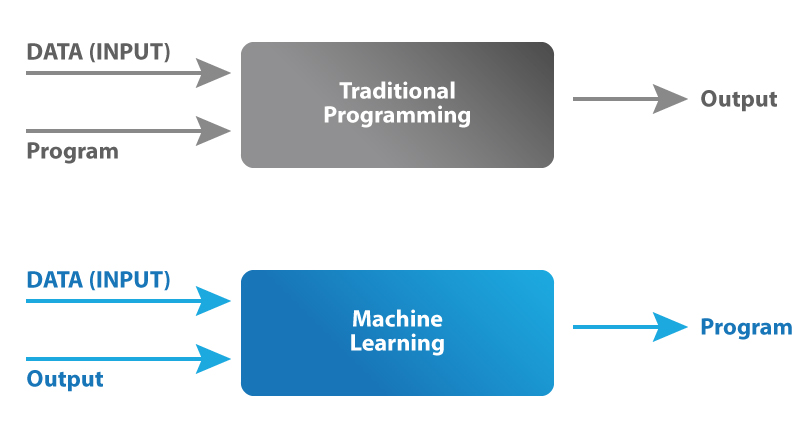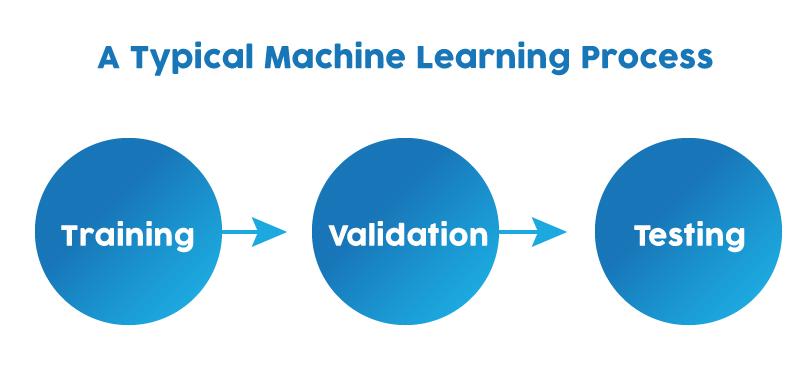Blog Details
| Blog Title: | Introduction to Machine Learning |
|---|---|
| Blogger: | kajolajab21@gmail.com |
| Image: | View |
| Content: | Do you know?
What is machine learning?According to Arthur Samuel: Machine Learning is a field of study that gives computers the ability to learn without being explicitly programmed.
According to Tom Mitchell: A computer program is said to learn from experience E with respect to some task T & some performance measure P, if its performance on T , as measured by P, improves with experience E.
We have seen Machine Learning as a buzzword for the past few years, the reason for this might be the high amount of data production by applications, the increase of computation power in the past few years and the development of better algorithms. Machine Learning is used anywhere from automating mundane tasks to offering intelligent insights, industries in every sector try to benefit from it. You may already be using a device that utilizes it.
For example, a wearable fitness tracker like Fitbit, or an intelligent home assistant like Google Home. But there are much more examples of ML in use.
A Quick History of Machine Learning:
Traditional Programming v/s Machine Learning:
Traditional programming, we would feed the input data and a well written and tested program into a machine to generate output. When it comes to machine learning, input data along with the output is fed into the machine during the learning phase, and it works out a program for itself.
Difference Between Machine Learning and Artificial Intelligence:
|
